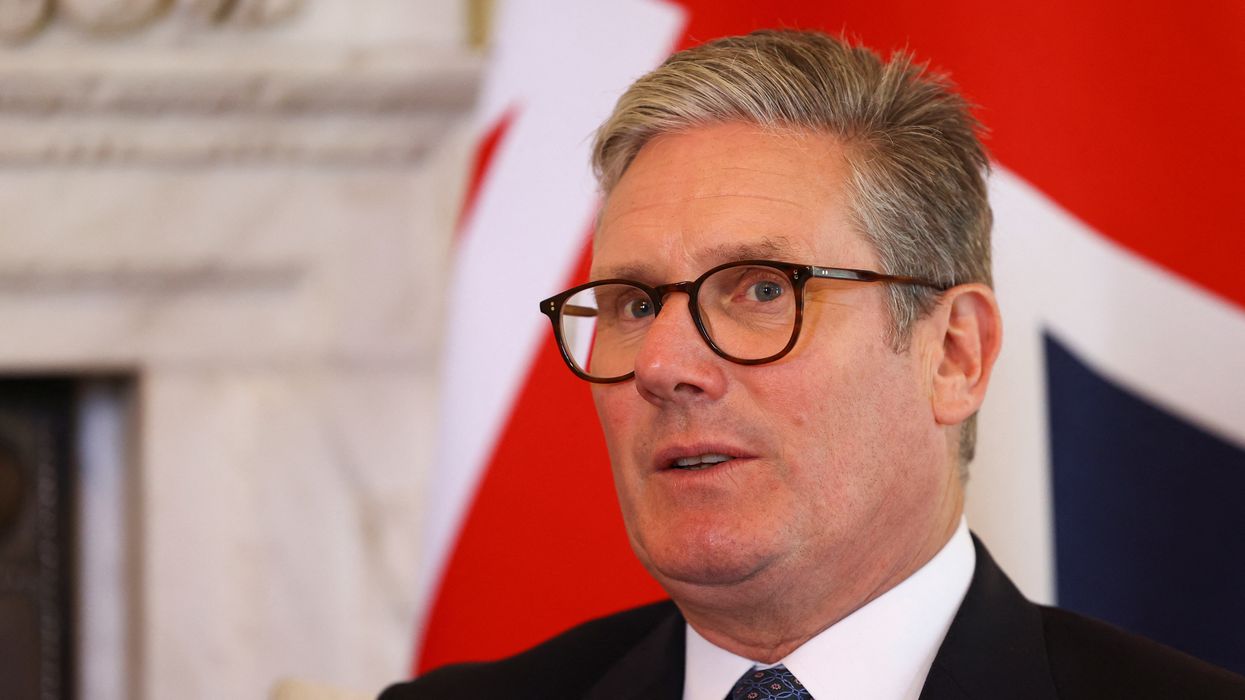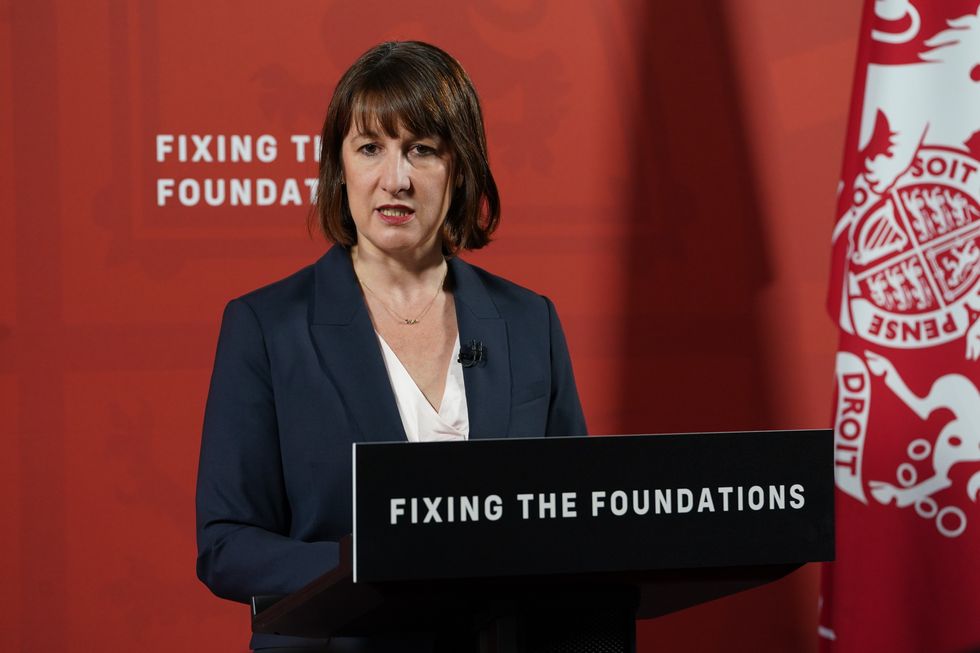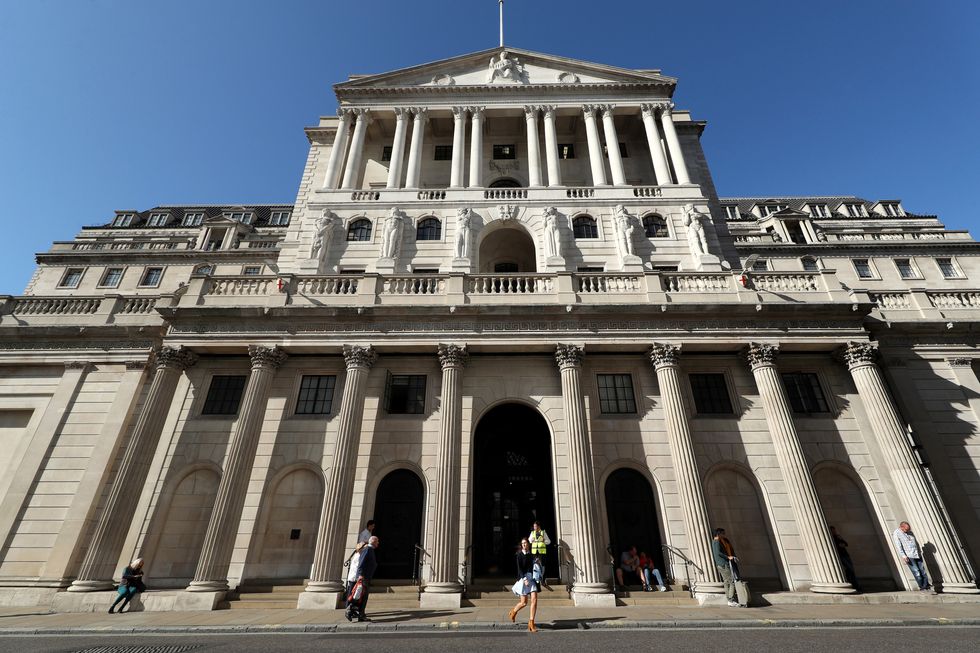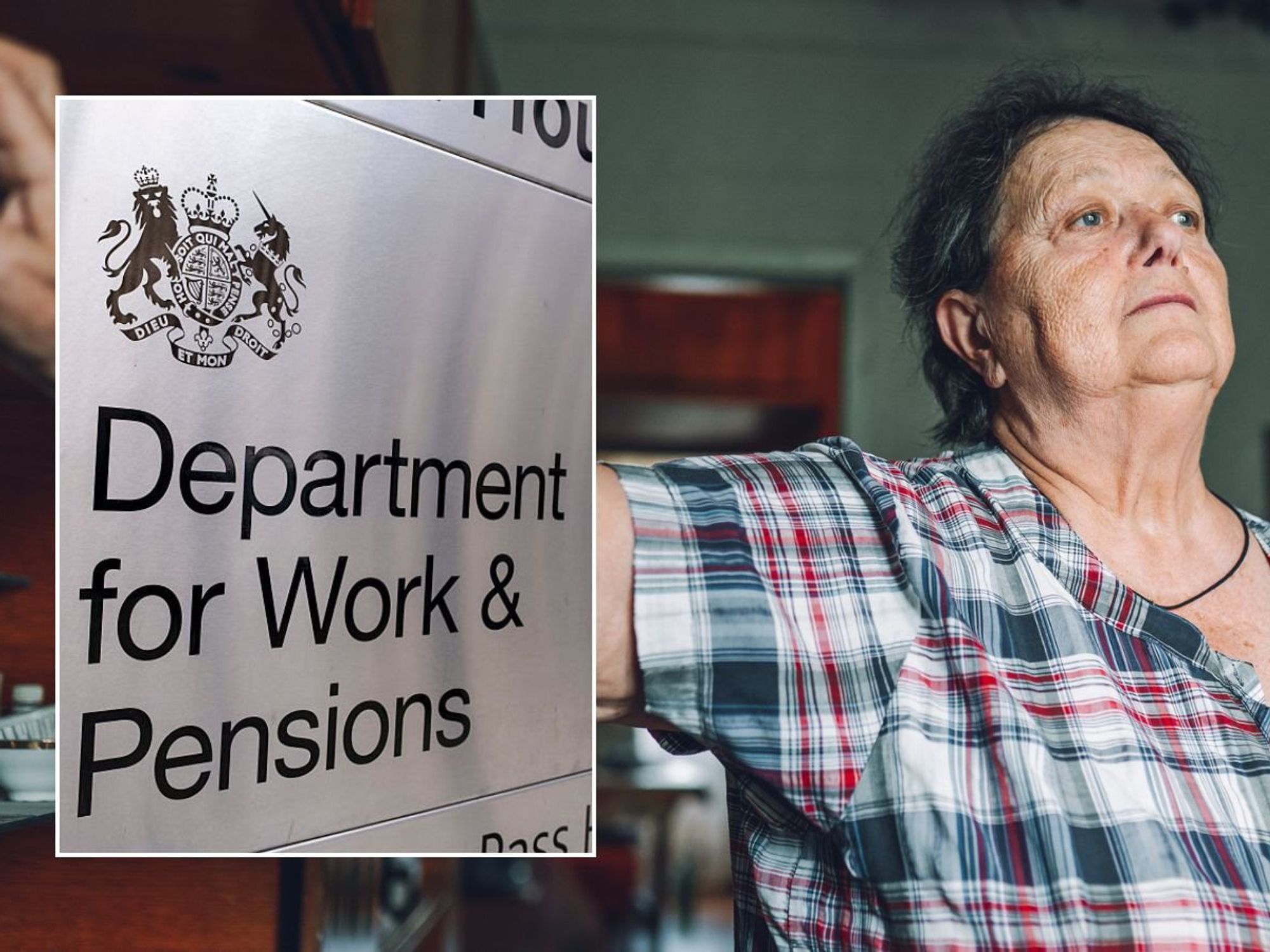How Labour is about to double down on Britain's second worst tax...

Starmer gave his strongest hint of tax rises to come in October's Budget
|Reuters

Keir Starmer warned those "with the broadest shoulders" would bear the "heaviest burden" in October's Budget
Don't Miss
Most Read
Latest
Starmer gave his strongest hint of tax rises to come in October's Budget, warning that he will have to make "painful" decisions and that those "with the broadest shoulders should bear the heaviest burden."
Starmer and Reeves have ruled out raising income tax, national insurance or VAT in the budget, and continually said their plans for government did not require further tax rises.
But since discovering what Labour calculated as a £22bn "black hole" in public finances, they now say they are surprised by the scale of budgetary problems.
Speculation is now mounting that the Government will impose new measures on banks as a former senior Whitehall official said that banks would be an easy target for the government.

Rachel Reeves and Keir Starmer have ruled out raising income tax, national insurance or VAT in the budget
|Getty
The senior Whitehall official pointed out that banks have broad shoulders, make decent profits and nobody likes them.
Jason Piper, policy lead, tax and business law at the Association of Chartered Certified Accountants also said: "Given the relative ease with which the government could raise money [through tax increases on banks], there's always the chance that’s the path which will be taken, because it's relatively simple and it does put money in the pot."
But while experts may name the worst tax in the UK as probably stamp duty, a very close second is the bank levy with those in the industry warning of unintended consequences of increasing taxes on banks.
The industry is warning against these measures which could adversely impact banking customers and stall economic growth.
Alongside the bank levy, UK lenders pay industry-specific taxes including the bank surcharge and irrecoverable value-added tax.
According to Andy Nelson, head of banking and financial markets at NTT Data, any additional tax increases must be “carefully considered to avoid unintended consequences.”
Nelson said: "Excessive pressure on banks could lead to negative outcomes for customers, such as increased lending restrictions, higher charges and reduced competition.
"These effects could ultimately hinder overall economic growth.”
The total tax contribution of the UK banking sector is estimated to be £41bn for the 2022/23 financial year, according to PwC analysis.
This is the highest total tax contribution since the study began in 2014 and is equivalent to 4.6 per cent of total tax revenue in the UK.
Chief executive of the Association of Foreign Banks, Giles French, said that while international banks had been reassured by Labour's pledges about business, growth and competitiveness ahead of the General Election in July, it would be unfortunate if that message changed now.

Speculation is now mounting that the Government will impose new measures on banks
|PA
LATEST FROM MEMBERSHIP:
Noting how the competitiveness of the UK's tax regime is an important factor for international banks, he said: "Certainly anything which treats banks differently to anyone else would be damaging."
According to Simon Youel, head of policy and advocacy at non-profit Positive Money, Labour could introduce a windfall tax on banks in line with the 35 per cent windfall tax introduced on the UK's energy company profits.
Since the 2008 financial crisis, increasing bank taxes has been viewed as a "politically safe move," according to Nelson.
“The October budget announcement will be crucial in determining the path forward for UK banks and the broader financial landscape. Banks, investors, and industry observers will be closely watching for any measures that could affect profitability, growth prospects, and the sector's ability to support economic development,” he added.
An HM Treasury spokesperson commented: “The Chancellor makes decisions on tax policy at fiscal events in the context of wider public finances.”










